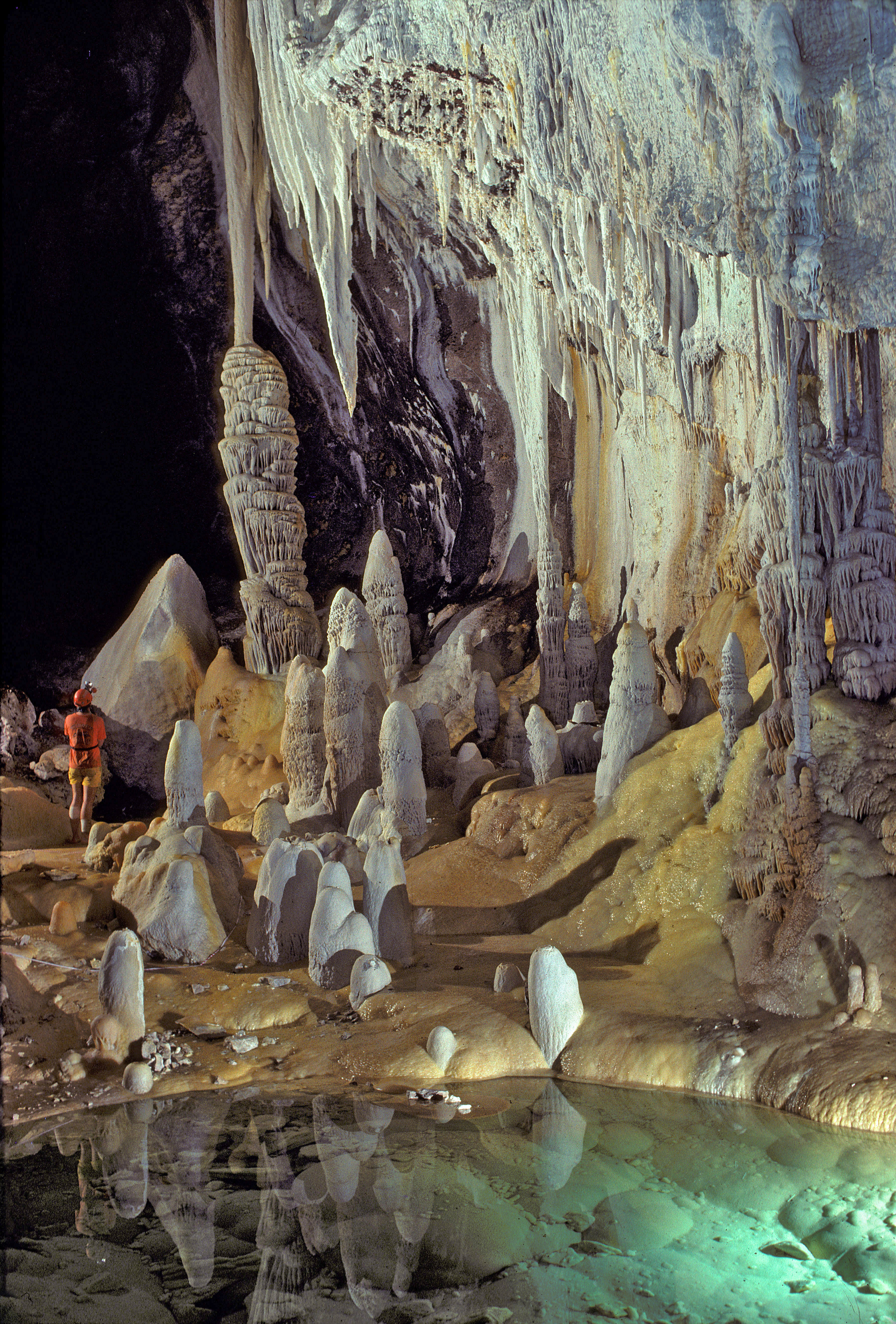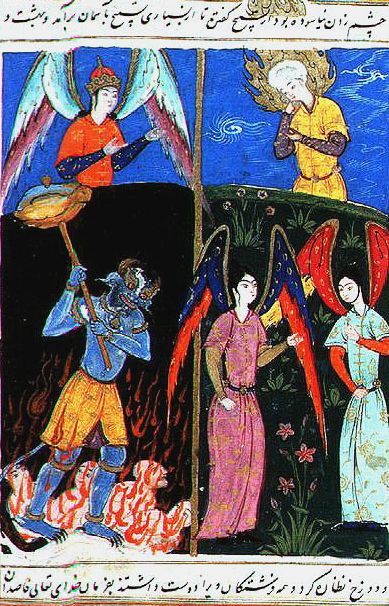|
Cibaciba And Dranikula
In Fijian mythology (specifically: Fiji), Cibaciba and Drakulu are the two cave entrances to the underworld (see Degei In Fijian mythology, Degei (pronounced ''Ndengei''), enshrined as a serpent, is the supreme god of Fiji. He is the creator of the (Fijian) world, fruits, and of men and is specially connected to Rakiraki District, Fiji. He judges newly dead so ...). References Afterlife places Fijian mythology {{Oceania-myth-stub ... [...More Info...] [...Related Items...] OR: [Wikipedia] [Google] [Baidu] |
Fijian Mythology
Fijian mythology refers to the set of beliefs practiced by the indigenous people of the island of Fiji. Their indigenous religion, like many others around the world, is based on cyclic existence where their ancestors and the environment exist in a dynamic cycle through experience, history and one with nature. Like a plant that bears seeds to exist, similar to humans, animals and all other life dependent of the reproductive cycle to maintain existence on earth. Fijians believe that humans exist with nature and sometimes are dominated by other species like sharks, snakes, octopuses, and more, where humans are the prey, rather than the predator. Some primarily examples of their gods are Degei, a serpent who is the supreme god of Uluda Fiji. He is the creator of the (Fijian) world. He judges newly dead souls after they pass through one of two caves: Cibaciba or Drakulu. A few he sends to paradise Burotu or Burotukula. Most others are thrown into a lake A lake is often a ... [...More Info...] [...Related Items...] OR: [Wikipedia] [Google] [Baidu] |
Fiji
Fiji, officially the Republic of Fiji, is an island country in Melanesia, part of Oceania in the South Pacific Ocean. It lies about north-northeast of New Zealand. Fiji consists of an archipelago of more than 330 islands—of which about 110 are permanently inhabited—and more than 500 islets, amounting to a total land area of about . The most outlying island group is Ono-i-Lau. About 87% of the total population live on the two major islands, Viti Levu and Vanua Levu. About three-quarters of Fijians live on Viti Levu's coasts, either in the capital city of Suva, or in smaller urban centres such as Nadi (where tourism is the major local industry) or Lautoka (where the Sugarcane, sugar-cane industry is dominant). The interior of Viti Levu is sparsely inhabited because of its terrain. The majority of Fiji's islands were formed by Volcano, volcanic activity starting around 150 million years ago. Some geothermal activity still occurs today on the islands of Vanua Levu and ... [...More Info...] [...Related Items...] OR: [Wikipedia] [Google] [Baidu] |
Cave
Caves or caverns are natural voids under the Earth's Planetary surface, surface. Caves often form by the weathering of rock and often extend deep underground. Exogene caves are smaller openings that extend a relatively short distance underground (such as rock shelters). Caves which extend further underground than the opening is wide are called endogene caves. Speleology is the science of exploration and study of all aspects of caves and the cave environment. Visiting or exploring caves for recreation may be called Caving, ''caving'', ''potholing'', or ''spelunking''. Formation types The formation and development of caves is known as ''speleogenesis''; it can occur over the course of millions of years. Caves can range widely in size, and are formed by various geological processes. These may involve a combination of chemical processes, erosion by water, tectonic forces, microorganisms, pressure, and atmospheric influences. Isotopic dating techniques can be applied to cave sedime ... [...More Info...] [...Related Items...] OR: [Wikipedia] [Google] [Baidu] |
Underworld
The underworld, also known as the netherworld or hell, is the supernatural world of the dead in various religious traditions and myths, located below the world of the living. Chthonic is the technical adjective for things of the underworld. The concept of an underworld is found in almost every civilization and "may be as old as humanity itself". Common features of underworld myths are accounts of living people making journeys to the underworld, often for some heroic purpose. Other myths reinforce traditions that the entrance of souls to the underworld requires a proper observation of ceremony, such as the ancient Greek story of the recently dead Patroclus haunting Achilles until his body could be properly buried for this purpose. People with high social status were dressed and equipped in order to better navigate the underworld. A number of mythologies incorporate the concept of the soul of the deceased making its own journey to the underworld, with the dead needing to be ... [...More Info...] [...Related Items...] OR: [Wikipedia] [Google] [Baidu] |
Degei
In Fijian mythology, Degei (pronounced ''Ndengei''), enshrined as a serpent, is the supreme god of Fiji. He is the creator of the (Fijian) world, fruits, and of men and is specially connected to Rakiraki District, Fiji. He judges newly dead souls after they pass through one of two caves: Cibaciba or Drakulu. A few he sends to paradise Burotu. Most others are thrown into a lake, where they will eventually sink to the bottom ( Murimuria) to be appropriately rewarded or punished. He is said to have at first moved about freely, but then in the form of a snake to have grown into the earth with his ringed tail. Since then he has become the god of earthquakes, storms and seasons. Whenever Degei shakes himself fertilising rain will fall, delicious fruits hang on the trees, and the yam fields yield an excellent crop. Degei is also a god of wrath who declares himself in terrible fashion. He punishes and chastens his people by destroying the crops or by floods; he could indeed easily ... [...More Info...] [...Related Items...] OR: [Wikipedia] [Google] [Baidu] |
Afterlife Places
The afterlife or life after death is a purported existence in which the essential part of an individual's stream of consciousness or identity continues to exist after the death of their physical body. The surviving essential aspect varies between belief systems; it may be some partial element, or the entire soul or spirit, which carries with it one's personal identity. In some views, this continued existence takes place in a spiritual realm, while in others, the individual may be reborn into this world and begin the life cycle over again in a process referred to as reincarnation, likely with no memory of what they have done in the past. In this latter view, such rebirths and deaths may take place over and over again continuously until the individual gains entry to a spiritual realm or otherworld. Major views on the afterlife derive from religion, esotericism, and metaphysics. Some belief systems, such as those in the Abrahamic tradition, hold that the dead go to a specif ... [...More Info...] [...Related Items...] OR: [Wikipedia] [Google] [Baidu] |


